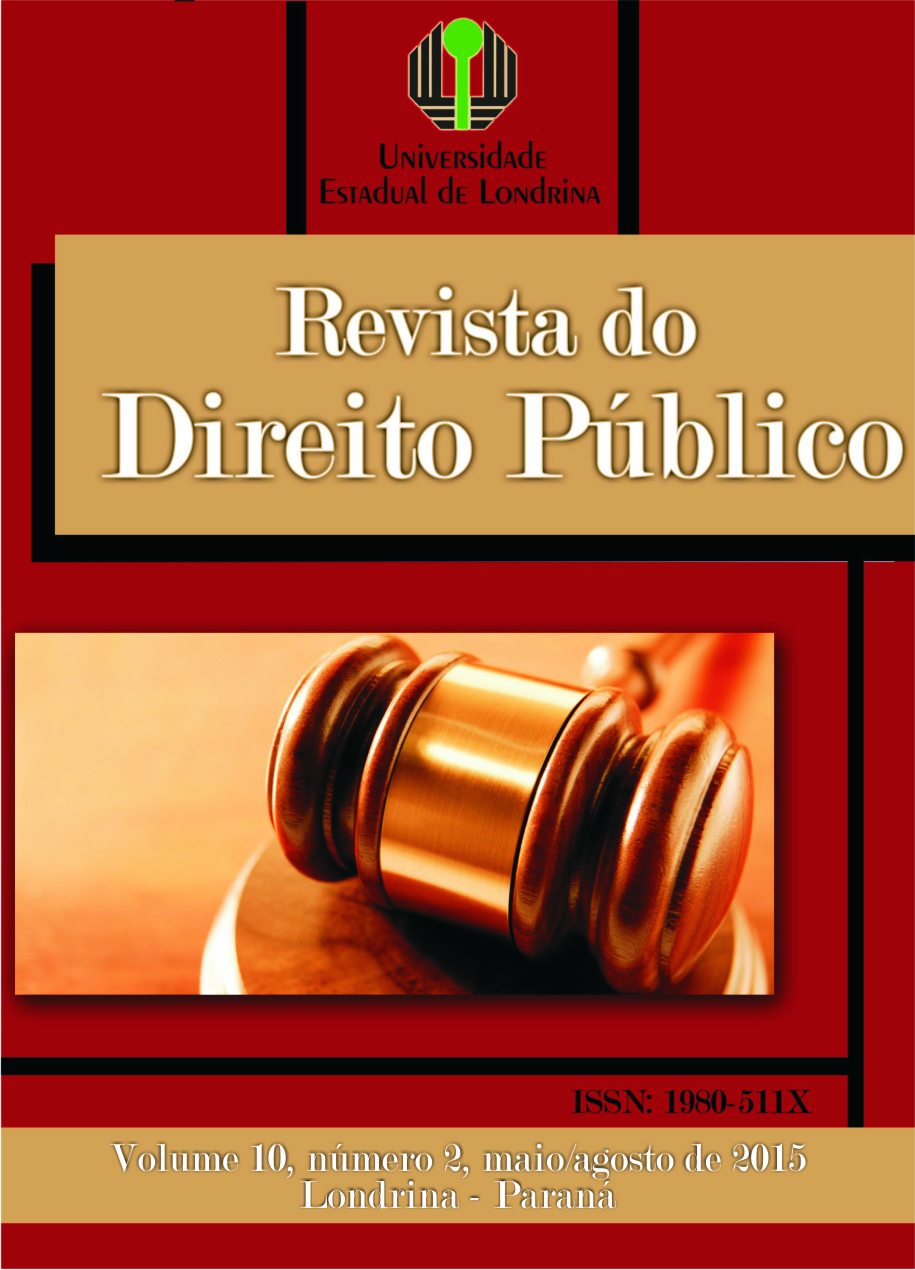Would it be normative basis to restrict the social security incomes only to social security contributions?
DOI:
https://doi.org/10.5433/1980-511X.2015v10n2p145Keywords:
Social Security General System, Sources of funding, Possibility of normative constraints examination.Abstract
Speeches about the social security "difficult" situation usually adopt as underlying thesis that RGPS funding should be restricted to the revenues from contributions on the payroll. From there came the question of how far would effectively be identifiable, on the brazilian current positive law, wich, among the revenues prescripted to support the Welfare System, could be considered as addressable to Social Security, inquiry wich was the objective of this work. The examination of the subject was initiated by the text of the Higher Law. The charges that are made regarding the "Citizen Constitution" generous content also led to research the situation in legal regulations issued in the previous period. After such a reverse search, the subject treatment was analyzed in the main infraconstitutional instrument about the theme, namely, the 8.212/1991 act. The research ended by showing the impossibility of identifying up support, from the direct reading of the Constitution or the laws that we have on the topic, for the thesis that wants to restrict, among the welfare incomes, the range of those than can be used by Social Security.Downloads
Downloads
Published
How to Cite
Issue
Section
License

This work is licensed under a Creative Commons Attribution-NonCommercial-NoDerivatives 4.0 International License.
Os autores cedem à Revista do Direito Público, direitos exclusivos de primeira publicação, com o trabalho simultaneamente licenciado sob a Licença Atribuição-NãoComercial-CompartilhaIgual 4.0 Internacional. Esta licença permite que terceiros façam download e compartilhem os trabalhos em qualquer meio ou formato, desde que atribuam o devido crédito de autoria, mas sem que possam alterá-los de nenhuma forma ou utilizá-los para fins comerciais. Se você remixar, transformar ou desenvolver o material, não poderá distribuir o material modificado.












